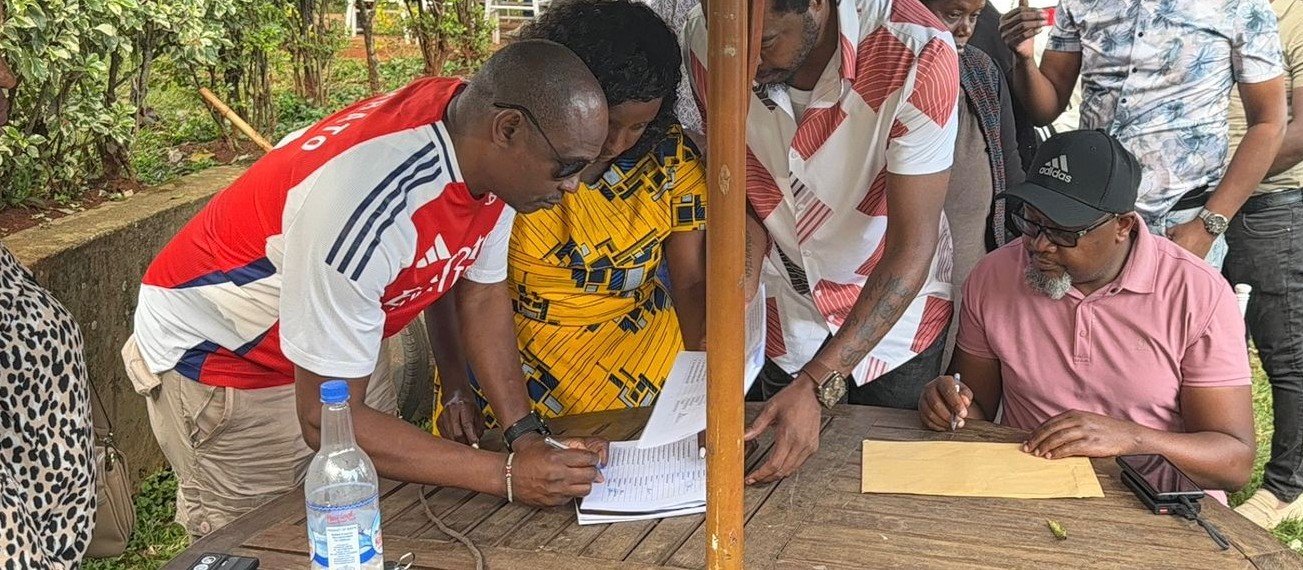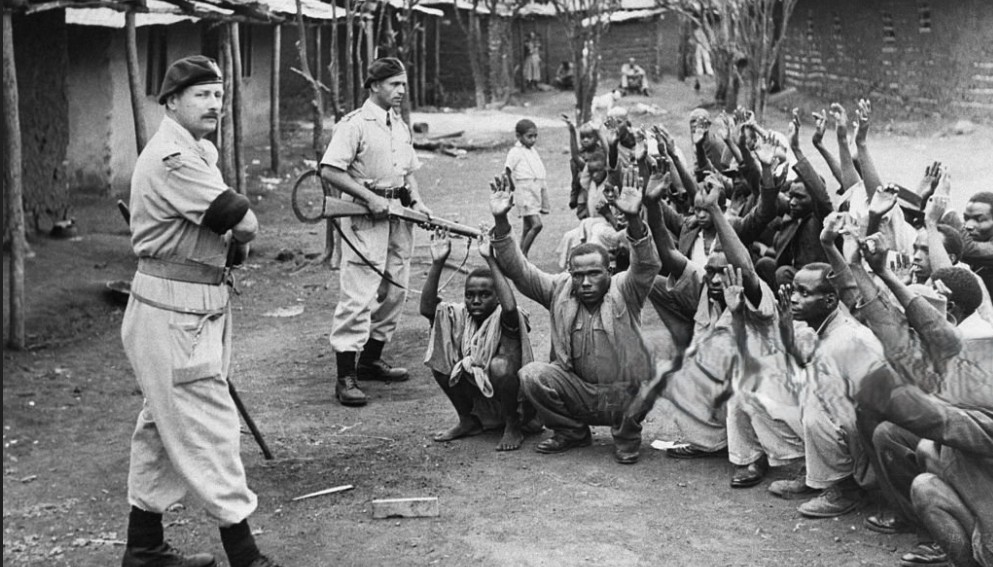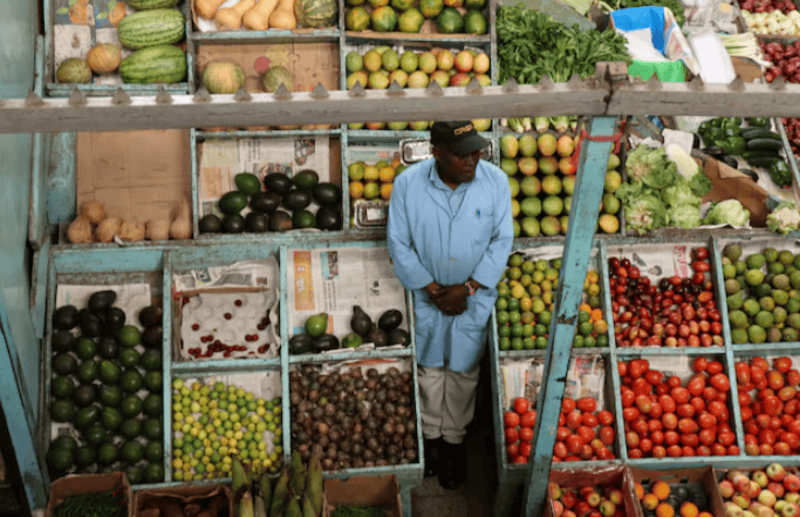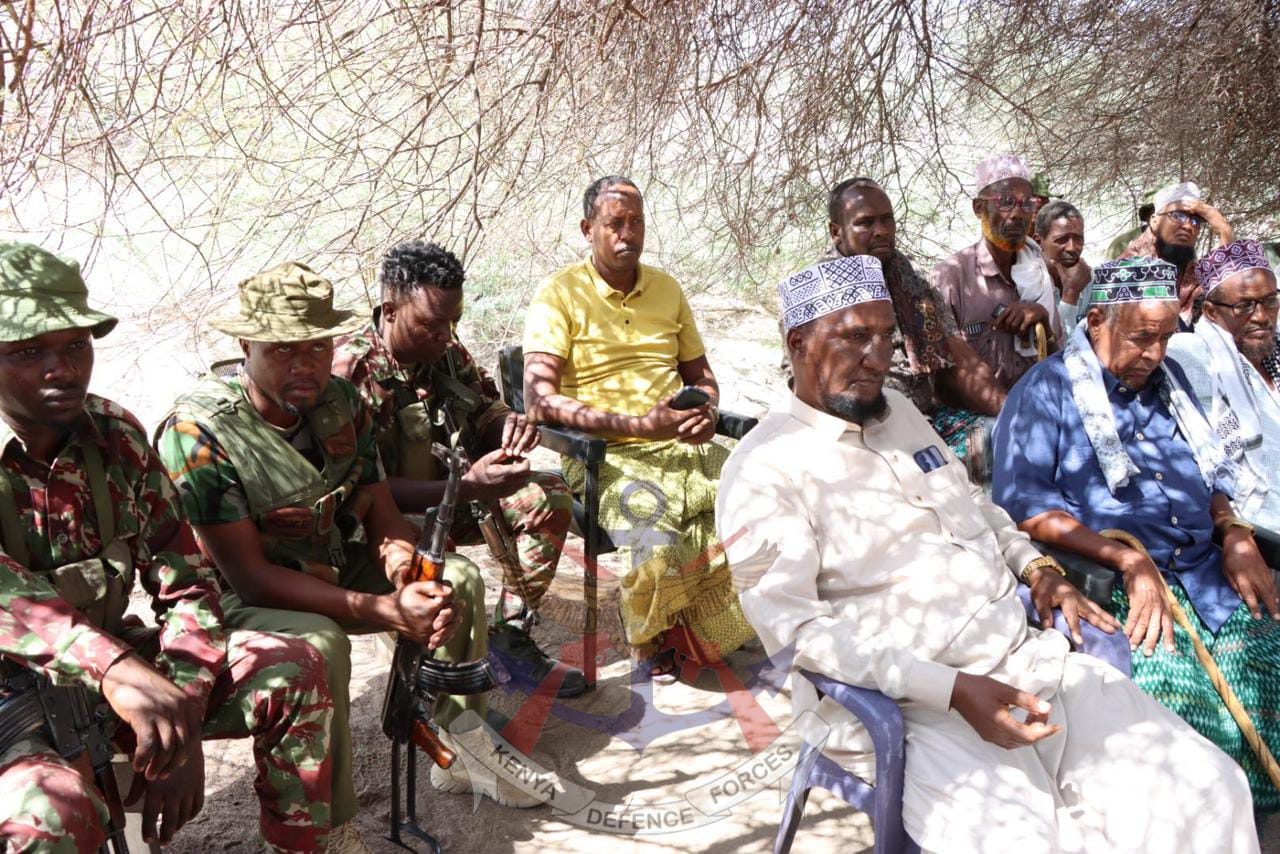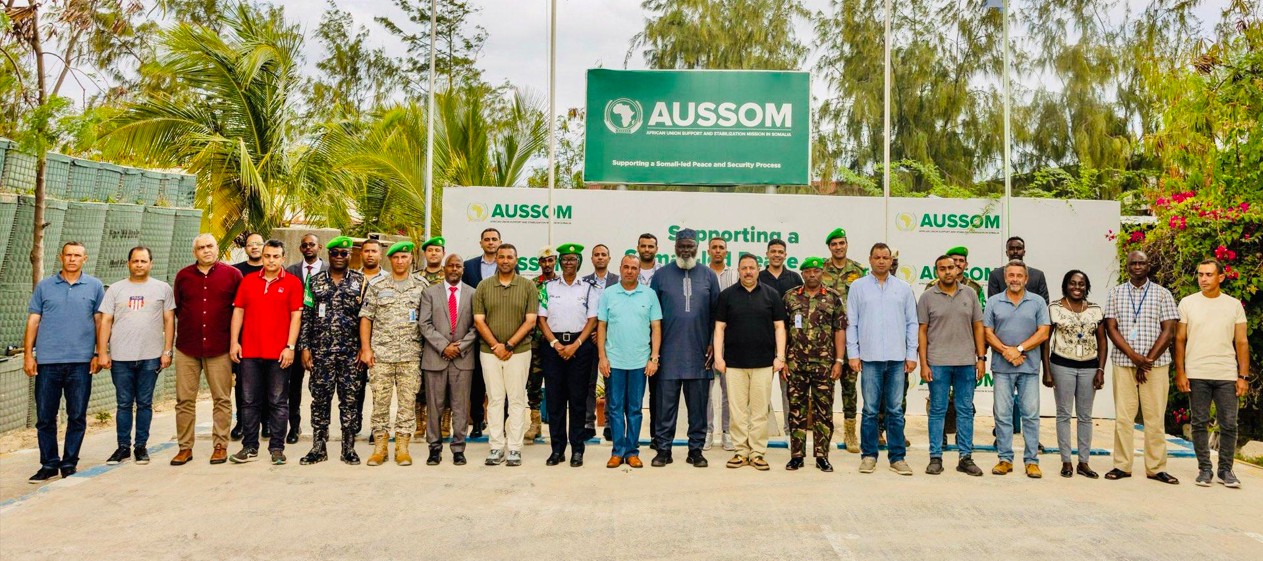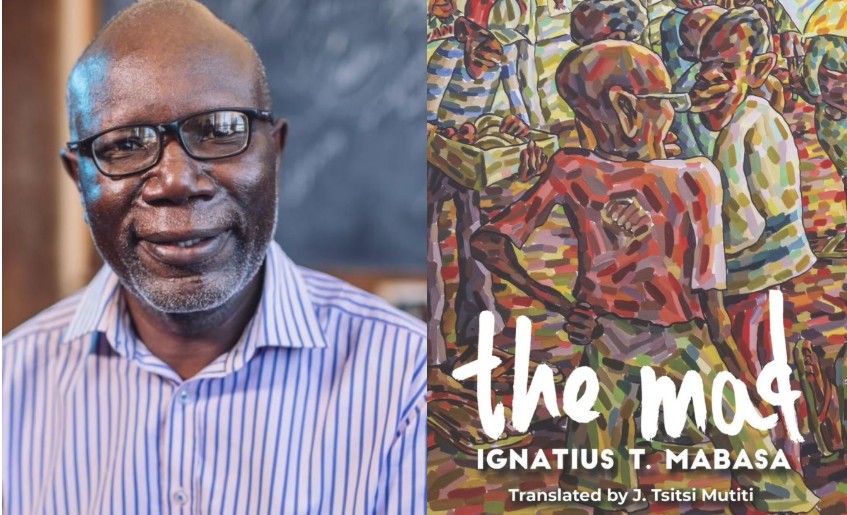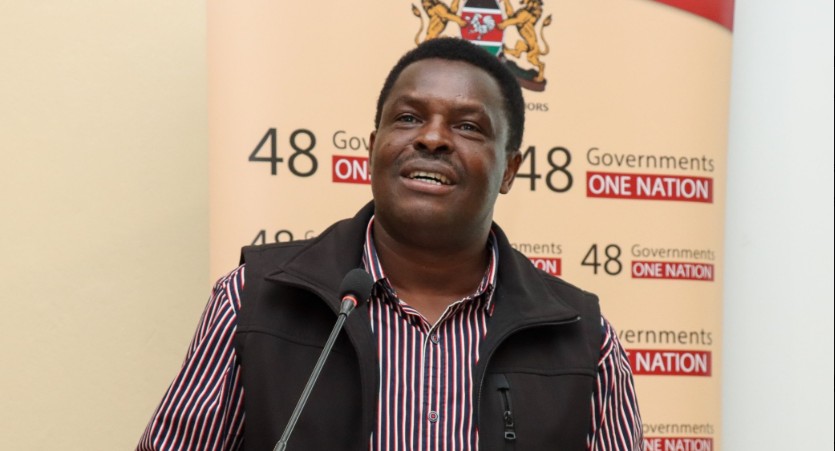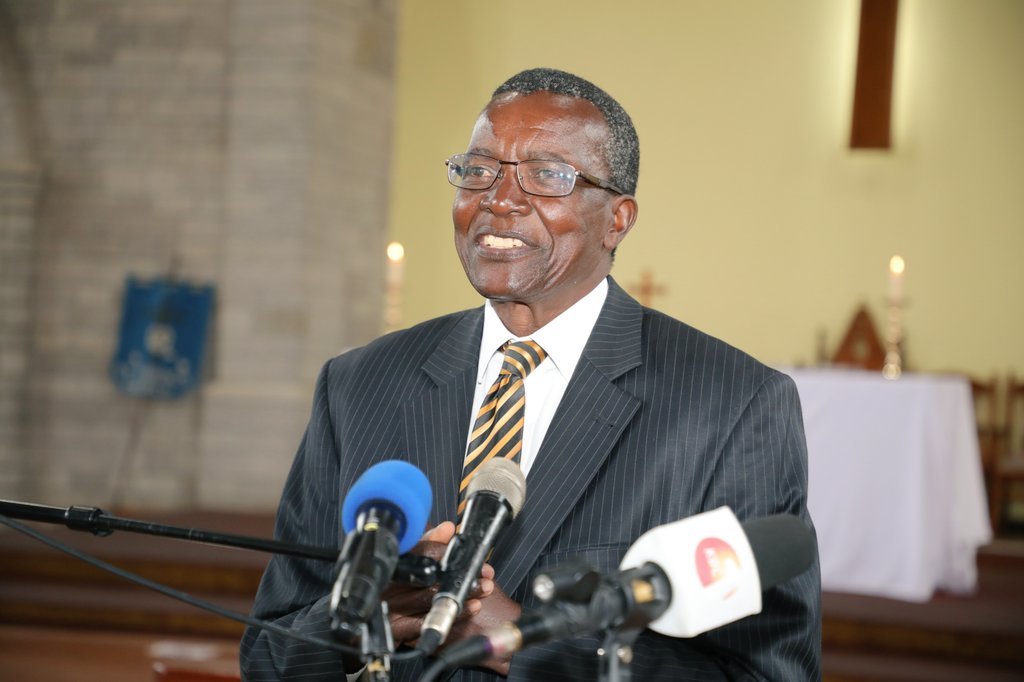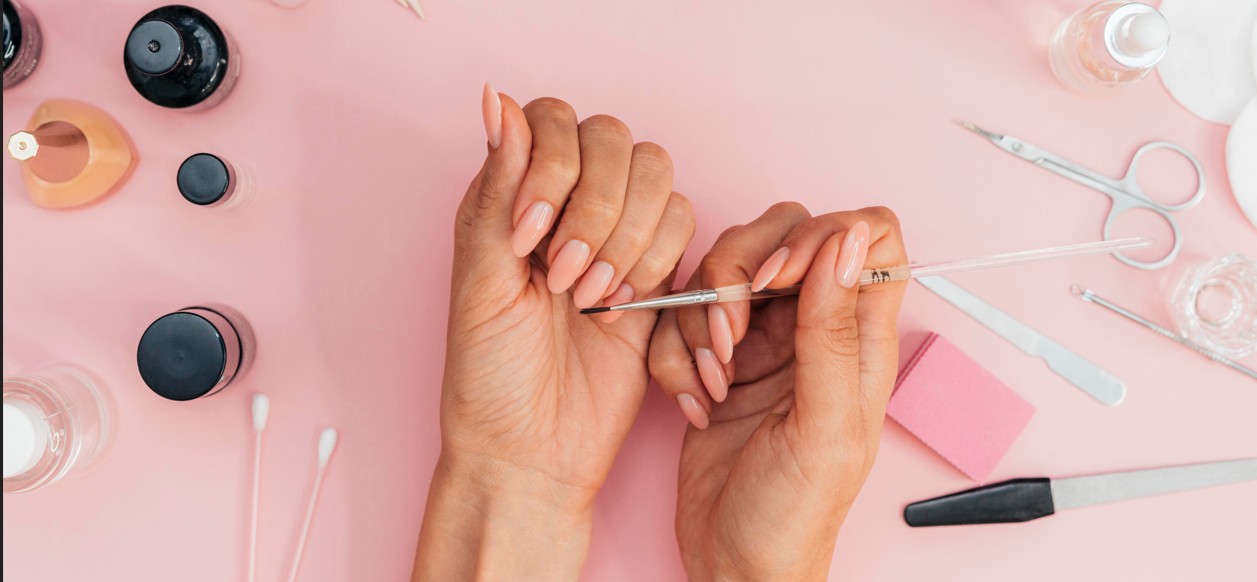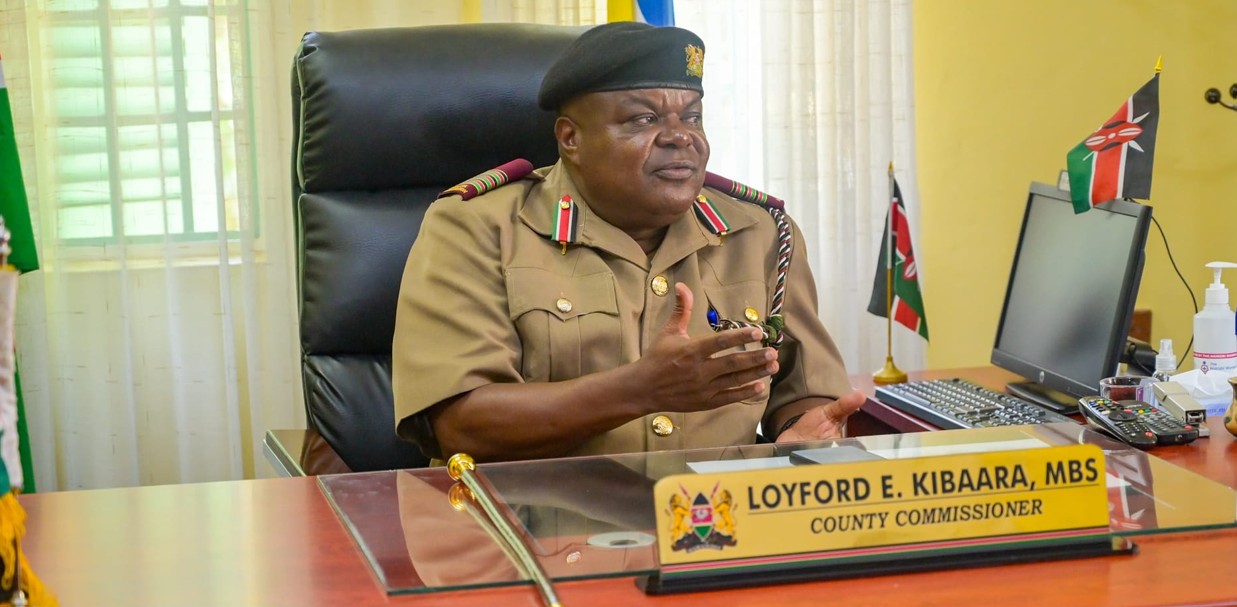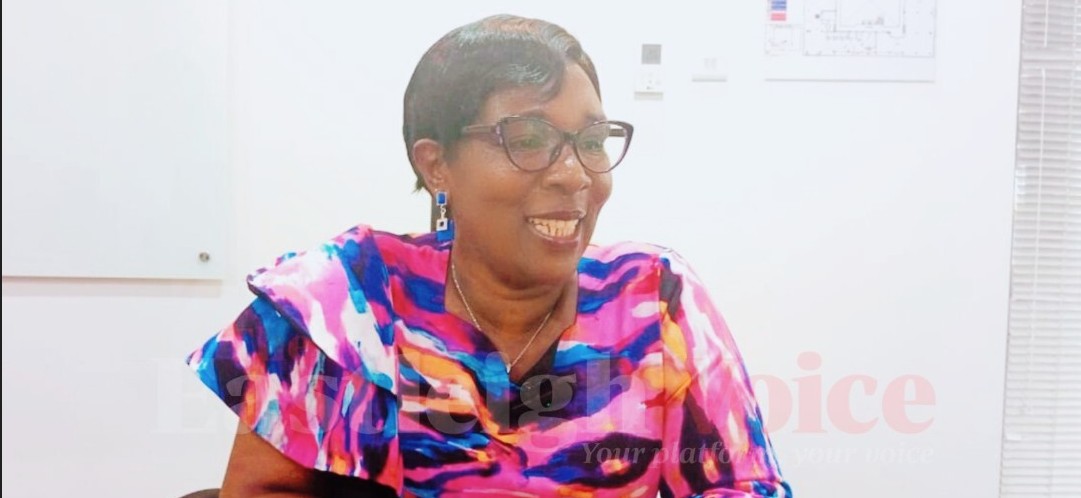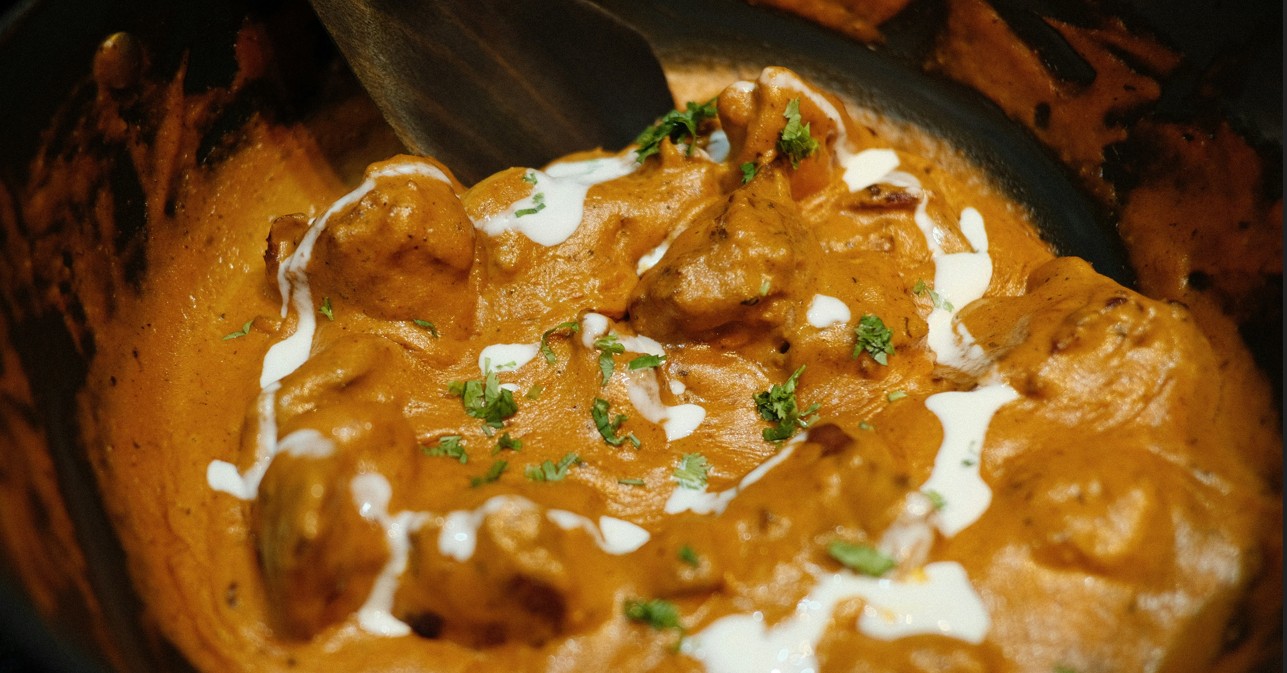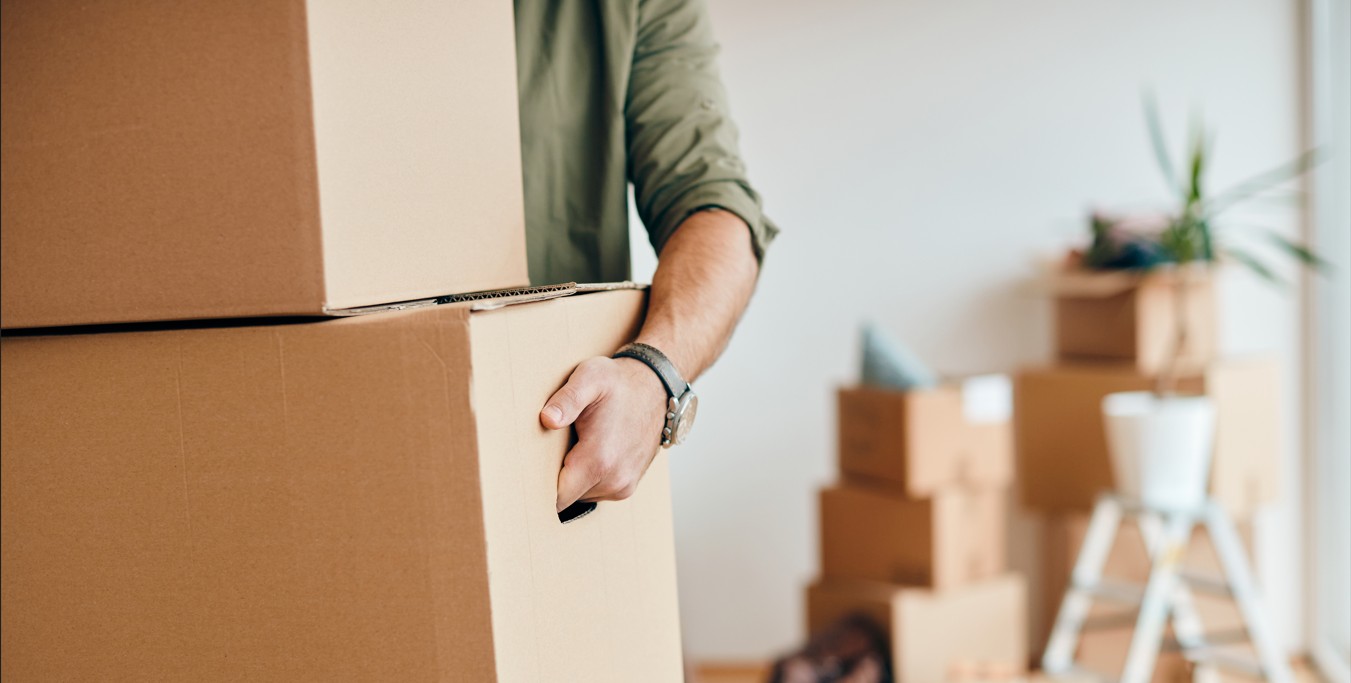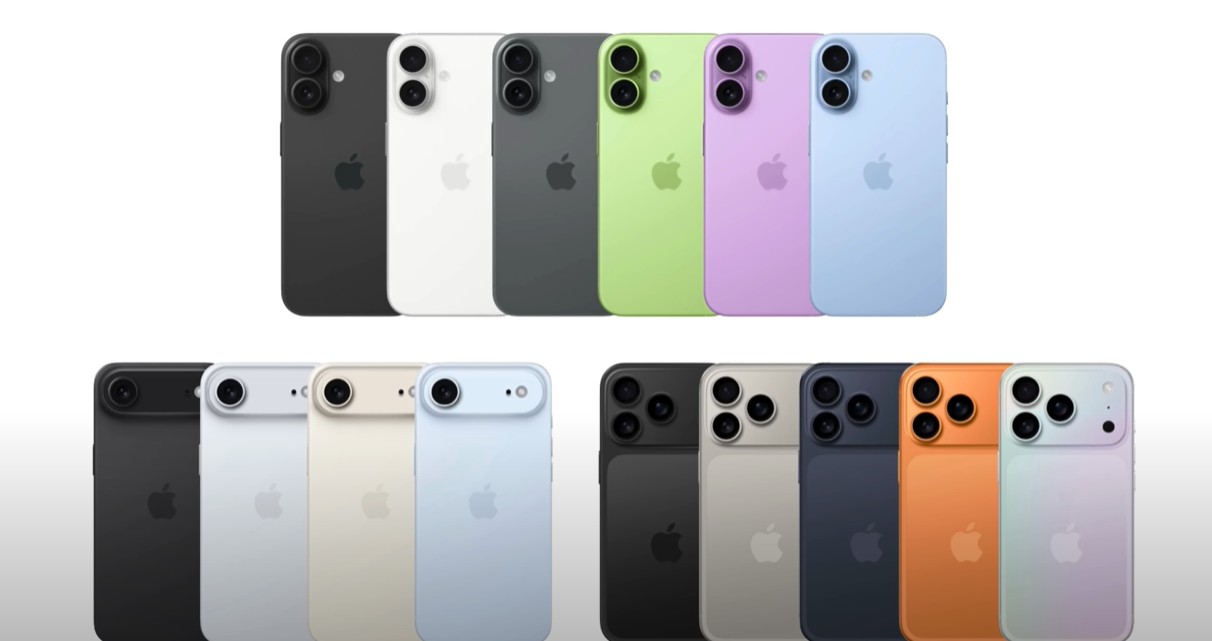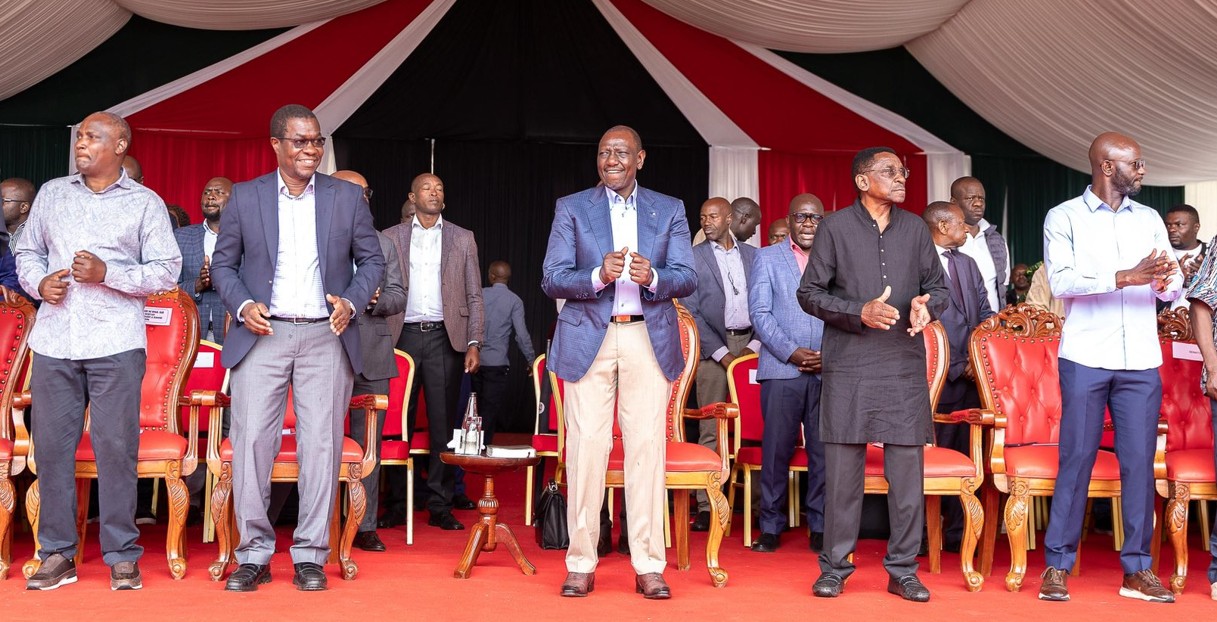Top camera buying tips for beginners: What you need to know before your first purchase

According to Ahmed, a professional photographer, your first camera is your training ground and that it’s not about having the most expensive setup, but about learning how to use what you have and knowing when to upgrade.
Buying your first camera can feel overwhelming, especially as smartphones improve and professional gear becomes more complex.
Whether you’re a budding content creator, aspiring photographer or videographer, or simply tired of relying on your phone for important shots, the journey to owning a camera starts with making informed choices.
More To Read
- Nearly half of Kenyan mobile users targeted by scams - World Bank
- 11 per cent of Kenyans use mobile phones they do not own - survey
- Over one-third of Kenyans spend over six hours daily on social media, GeoPoll survey finds
- Study links early smartphone use to severe mental health outcomes in young adults
- Practical tips to maximise your smartphone's battery life when travelling
- Google to unveil Pixel phones, watch, buds and foldable on August 20
To help unpack the essentials, The Eastleigh Voice spoke with Ahmed Shafat, a certified photographer and videographer with over a decade of experience in both studio and field work.
In an interview, Ahmed explained exactly what to look for when buying your first camera and debunked a few common myths along the way.
1. Start simple and grow
When asked which camera is best for beginners, Ahmed emphasised starting with an affordable, beginner-friendly model.
“You don’t need to start with the most expensive gear on the market. DSLRs are really good for beginners because they are very manual and technical, something especially beginners should look out for,” Ahmed said.
“Cameras like the Canon EOS Rebel series are great for beginners. They offer excellent photo and video quality without being too complex.”
Ahmed added that Canon is known for intuitive controls and colour science, appealing to both casual and professional users.
“Canon gives you a great balance between usability and image quality. For videos and stills, it’s very forgiving and reliable.”
Once ready to upgrade, Ahmed recommends Sony.
“When you’re at that stage where you understand ISO, shutter speed, aperture, and how they operate in different situations, and you’re doing client work, Sony gives you better low-light performance and sharpness.”
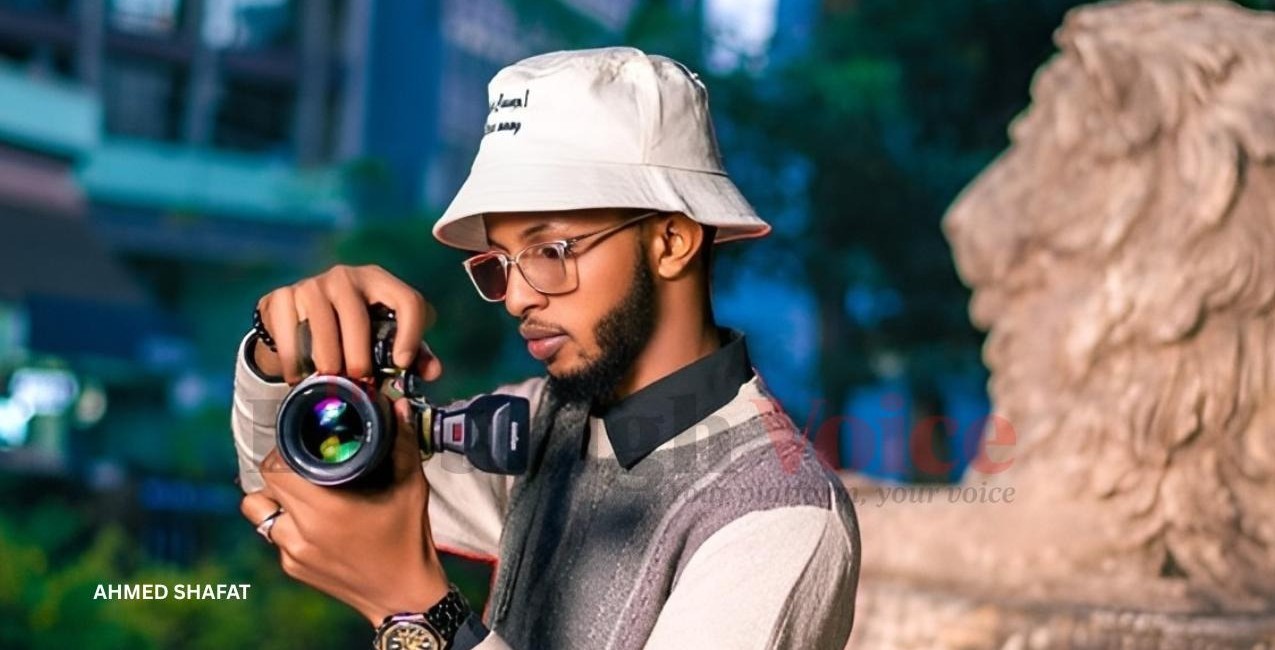 Ahmed shared key tips on what to consider when buying your first camera and cleared up several common misconceptions. (Photo: Ahmed Shafat)
Ahmed shared key tips on what to consider when buying your first camera and cleared up several common misconceptions. (Photo: Ahmed Shafat)
2. Choose the right lens: versatility first
While many beginners focus on the camera body, Ahmed stresses the importance of the lens.
“A 24mm to 70mm zoom lens is the best starting point,” he advised.
“This lens gives you a wide angle for landscapes or group shots and a closer crop for portraits or details. You won’t need to switch lenses too often, which is great for learning. Every shot can be captured with this lens.”
3. Tripod: a must for video creators
If you plan to shoot video content for YouTube, TikTok, or client projects, a tripod is essential.
Ahmed explained that beginners often produce shaky videos.
“Shaky footage makes people click away. A tripod gives you stability and allows you to frame your shot professionally.”
He also noted that some tripods come with smartphone mounts and fluid heads, making them versatile for creators who switch between devices.
4. Editing setup: software matters
Photography doesn’t end when you press the shutter button.
According to Ahmed, post-production is where the magic really happens.
“If you’re serious, you need to invest in a decent laptop and install Lightroom for photo editing or Premiere Pro for video editing. There are a lot of YouTube tutorials where you can teach yourself how to edit at your own pace,” he said.
Ahmed noted he learned to take good photos and videos through curiosity.
“These tools help you correct colours, crop professionally, and present work that stands out.”
5. Speedlight: your best friend in low light
Lighting is often underestimated, especially by beginners.
“If you’re shooting indoors or at night, a speedlight is crucial,” Ahmed advised.
He explained that built-in flashes often produce harsh shadows and overexposed images.
“A speedlight lets you bounce light off ceilings or walls for a softer, more natural look. You can’t always rely on natural light, especially at events.”
6. Don’t forget the essentials: bag, SD card, and batteries
To protect your gear and stay ready on the go, Ahmed stressed the importance of a camera bag.
“Your equipment is an investment. Therefore, when you invest in a good bag, it keeps it safe from dust, rain, and knocks,” he said.
For storage, he recommends an SD card with at least 128GB.
“Photos and videos, especially in high resolution, take up space fast, and you don’t want to keep deleting files mid-shoot.”
“And finally, always carry an extra battery. Sometimes you’re shooting in a remote area or doing a long event. Having a backup battery can make or break your shoot.”
Ahmed’s biggest piece of advice? Don’t get caught up in specs or brand wars — focus on learning, improving, and growing.
“Your first camera is your training ground. It’s not about having the most expensive setup, it’s about learning how to use what you have and knowing when to upgrade.”
As the world becomes increasingly visual, understanding your tools gives you an edge — whether you’re telling stories, capturing memories, or launching a creative career.
So before you hit “buy now,” remember: gear matters, but knowledge matters more.
Top Stories Today

